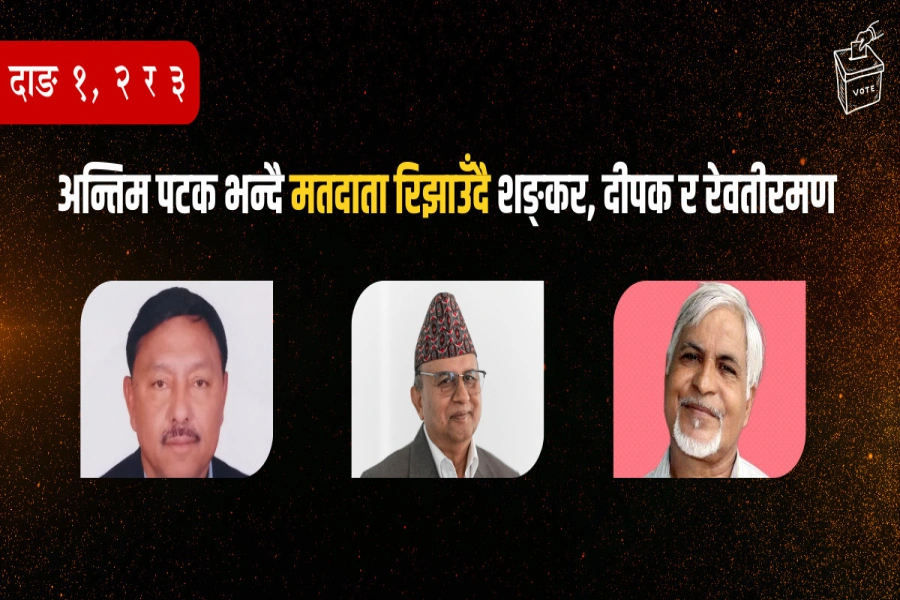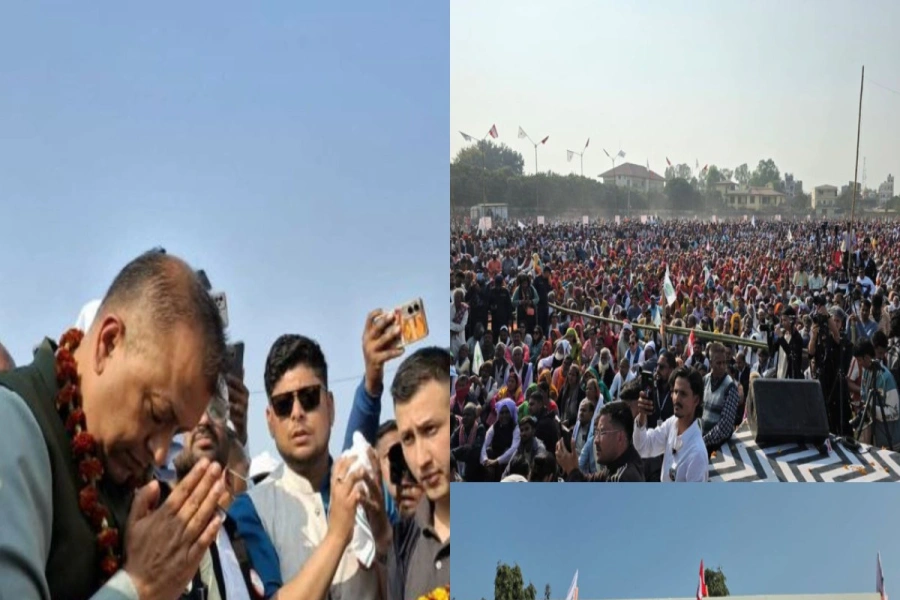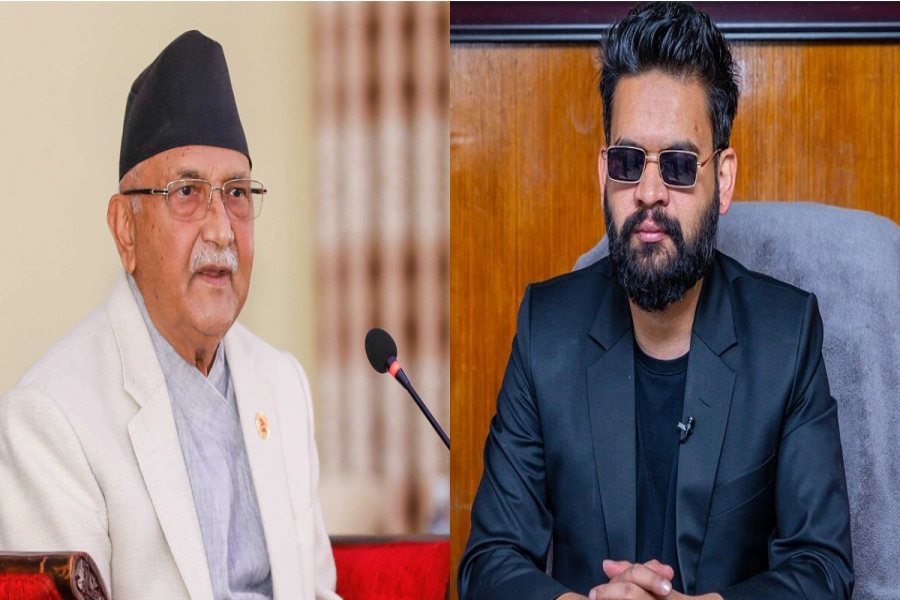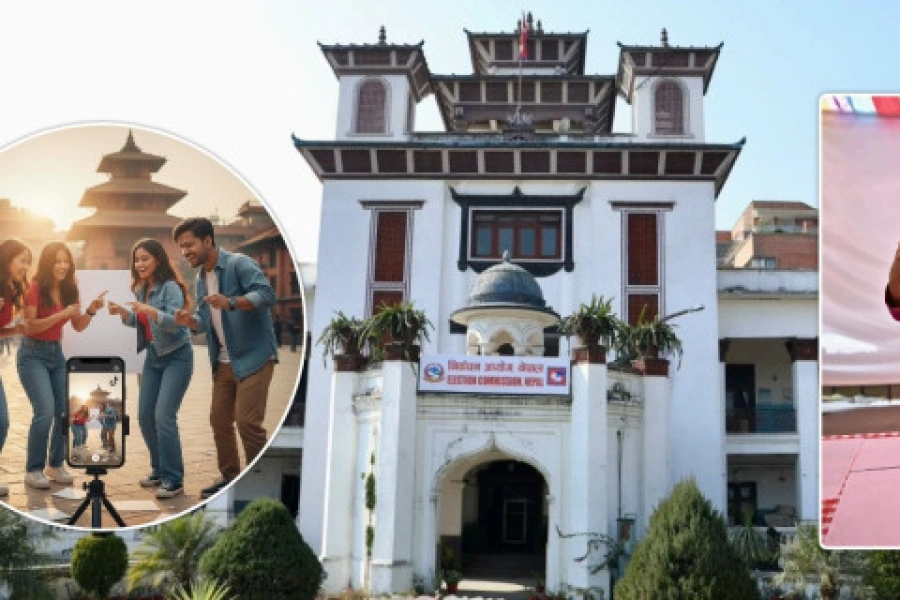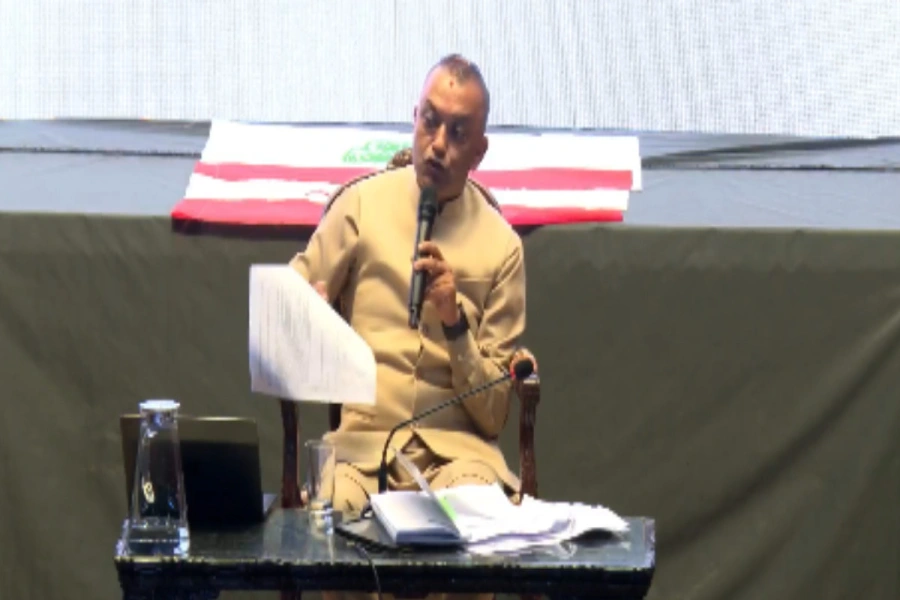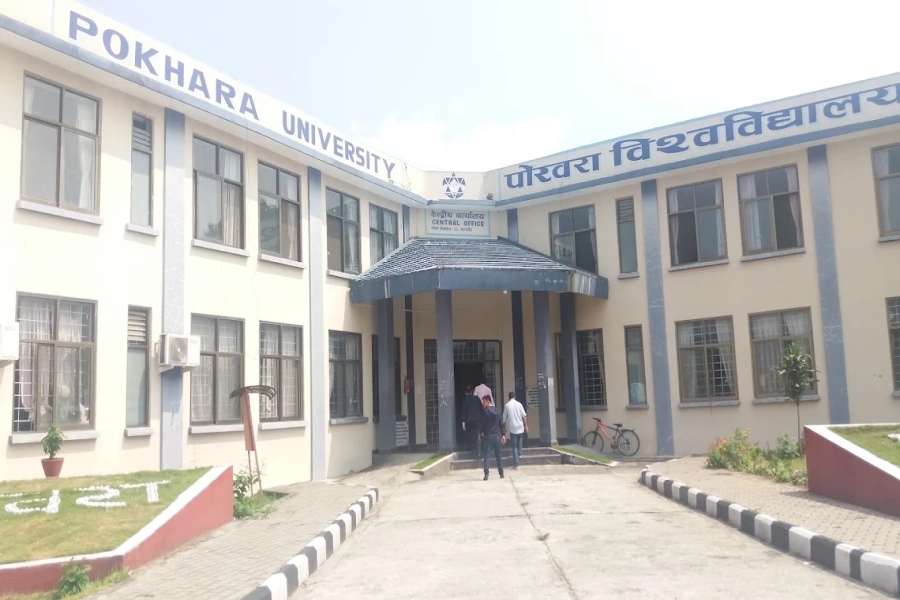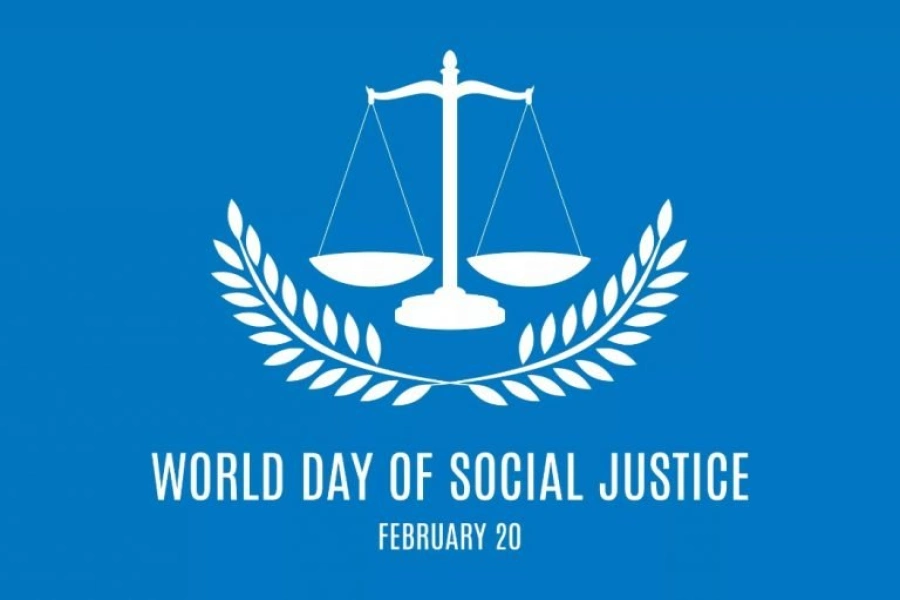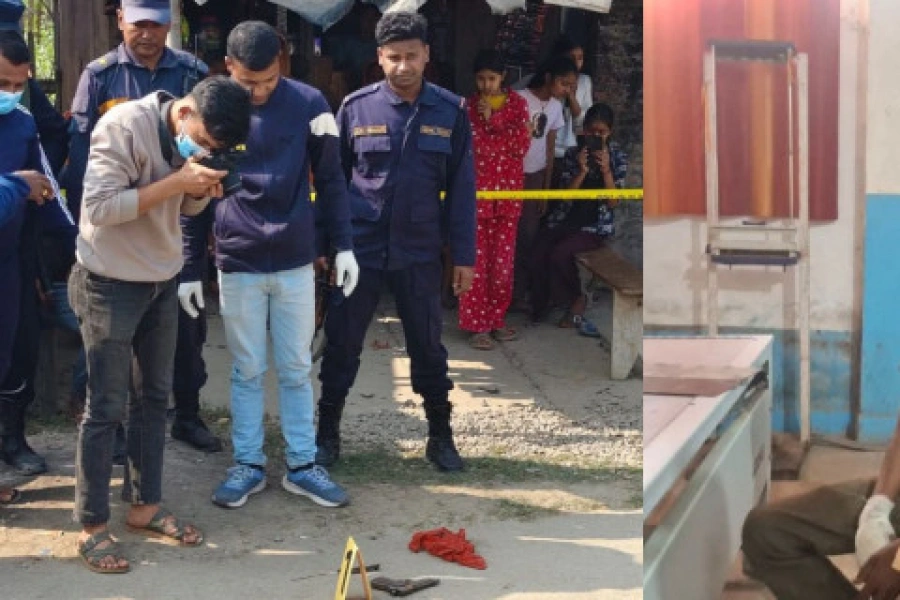The local Maoists say they are proud of holding their largest-ever plenum in the district. [break]
After all, the former rebels had laid out their first strategy of the insurgency in the district and launched one of their first military operations in a local bank in the winter of 1996, heralding the beginning of the ´People´s War´.
There is a sense of urgency in the air as 500 Maoist volunteers are seen busy erecting welcome gates, putting up tents, managing drinking water, and doing their best to ensure hygiene and sanitation in the place where 7,000 party cadres will participate in the jumbo plenum scheduled to begin from Sunday.
For Maoist leader Hitraj Pandey, making all these preparations is not a problem, but maintaining the party unity and forging a unified tactical line definitely is. "What we have to achieve in the plenum is to bring together differing ideological views and maintain one tactical line," says Pandey, a former headmaster at a local school, who had led the "famous" Chyangli attack, one of the first military operations launched in Gorkha district, during the conflict.
But leaders say ironing out the sharp ideological differences and growing factionalism in the party look easier said than done with the top three leaders -- Chairman Pushpa Kamal Dal, Senior Vice-chairman Mohan Baidya and Vice-chairman Dr Baburam Bhattarai -- poised to present separate political documents in the plenum.
"It was easier for the chairman to maintain his supremacy as the intra-party conflict was only two-way in the past. Either Baidya or Bhattarai was with the chairman. But things look really complicated now with the two vice-chairman seriously pushing for their own ideological line," says analyst Muma Ram Khanal who was also a central leader of the Maoist party.
While there is a sharp ideological difference between Baidya and Bhattarai, Dahal stands somewhere between the two extremes. If a "people´s revolt" to seize state power is an immediate priority for Baidya, it is only a last resort for Bhattarai who is for institutionalizing the political achievements made so far and completing the peace process and constitution drafting.
Dahal´s position is vague at best and has argued that the party should prepare grounds for an immediate revolt and move ahead for peace and constitution drafting simultaneously. Similarly, Dahal and Baidya are for declaring India the principal enemy while Bhattarai is only for declaring "domestic feudalism" as the principal enemy.
Besides debating on these broad ideological differences, the party will have to settle disciplinary issues, including financial non-transparency, protection of "illegal trade and corruption" by the main leadership, differences among the cadres in terms of wealth, and the rise of "nouveau-riche" in the party.
"Never in its history has the party seen such a vast disparity between haves and have-nots," says a Maoist politburo member on condition of anonymity.
Other things the plenum will have to settle are the party´s immediate policy. It will also formulate the party´s line on the integration of combatants, constitution-drafting and government formation.
"The party will certainly face a tough time settling the issues in the plenum as they are also related to broad ideological differences," says a central leader.
However, what the leaders of all the Maoist factions agree is that the party will not face immediate splits. With the party vertically divided into three factions, none of the top leaders are likely to have a majority in the plenum, which would lead to a compromise.
"Ultimately, the party will for now adopt the line of peace and constitution with the option of a people´s revolt open," says a central leader close to Dahal.
Party insiders say the leaders are likely to show, this way and that way, the facade of unity at the end of the meeting, forge a vague party-line by mixing the three party-lines and leave the boarder ideological issues to the general convention.
Avenged Sevenfold selling gear to aid music education charity




